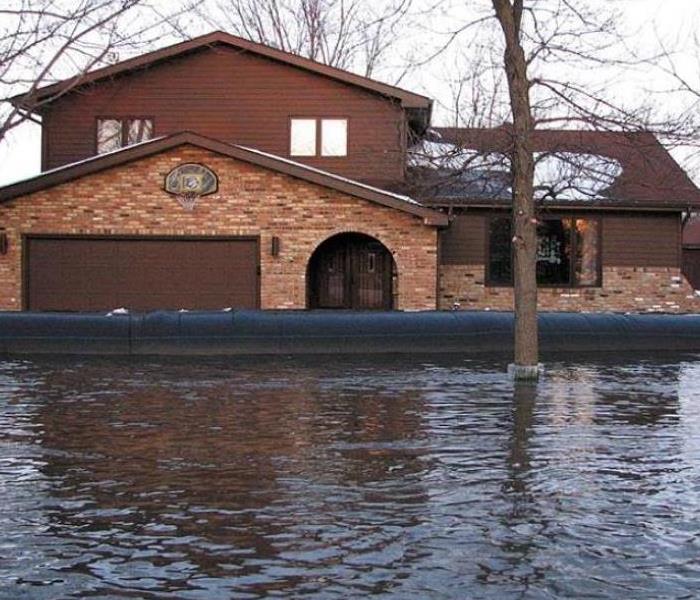Grease should never go down the drain
10/1/2020 (Permalink)
 While we hope you never experience a disaster in your home or business, we do know we are ready to help you restore it in the event of one
While we hope you never experience a disaster in your home or business, we do know we are ready to help you restore it in the event of one
The fats in the grease and oil from your kitchen mix with the other chemicals in the sewers and form nasty conglomerations of chemicals that can build up and block the pipes that take our dirty water to the wastewater treatment plant.
When you pour grease into your sink it's just the beginning of its travels. The grease and oil head down your pipes and into the sewers where they meet up with all the other wastewater from the area. Here is where the nastiness starts.
The fats in the grease get broken down into their component parts — fatty acids and glycerol. These fatty acids bind calcium found in the sewers — created from biological processes including the corrosion of concrete — to create a "soap" compound. While it's called a "soap" because of its chemical composition, this isn't something you'd want to wash yourself with.
When you do accidentally get some grease in your pipes, you can go ahead and wash it out using boiling water and a mixture of vinegar and baking soda. This will help push it out of your pipes, though it will still be able to coagulate in the main water system.
The best plan is not to let any grease get down the drain if you don't want the sewer coming out of your faucet.






 24/7 Emergency Service
24/7 Emergency Service